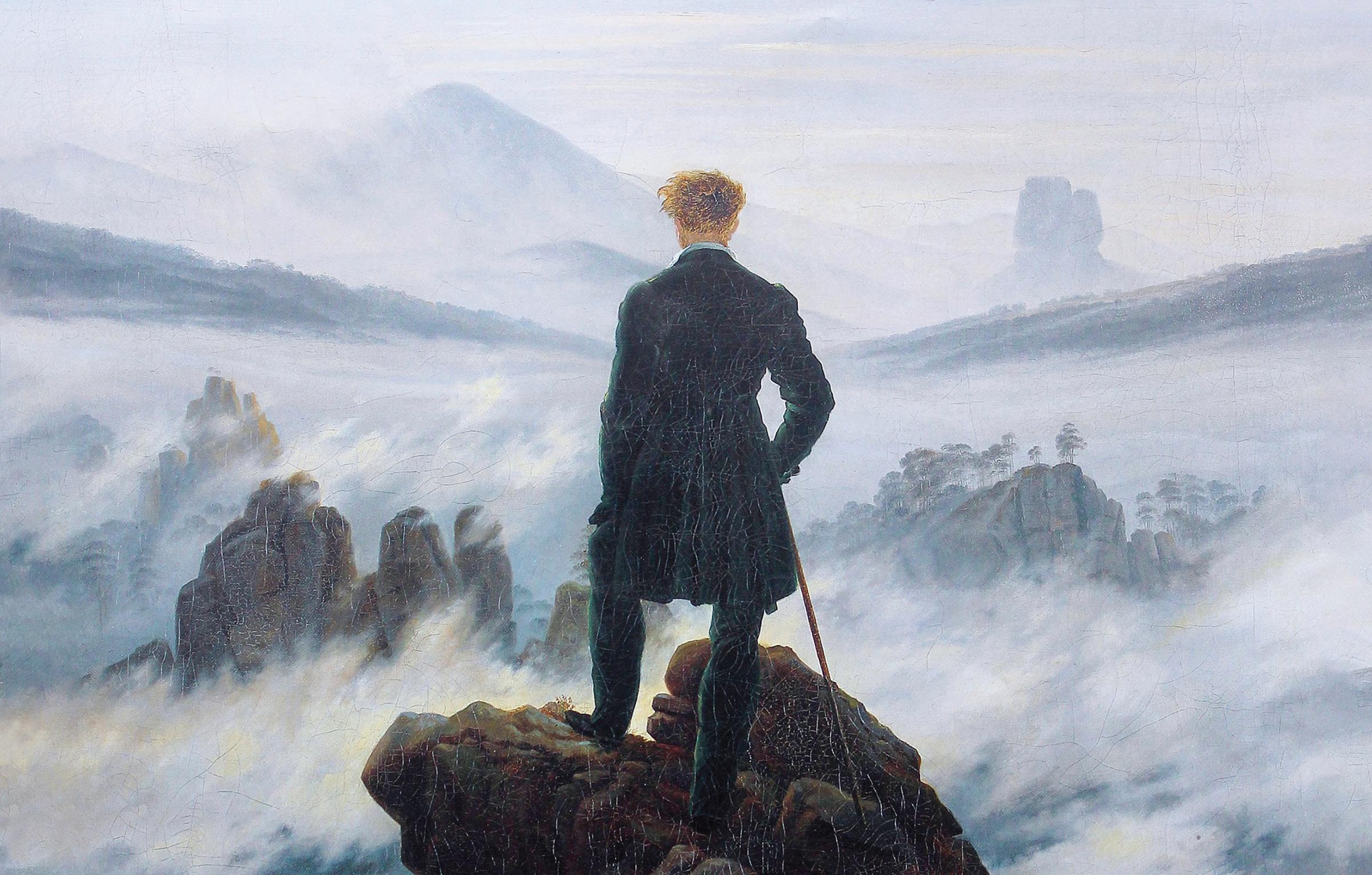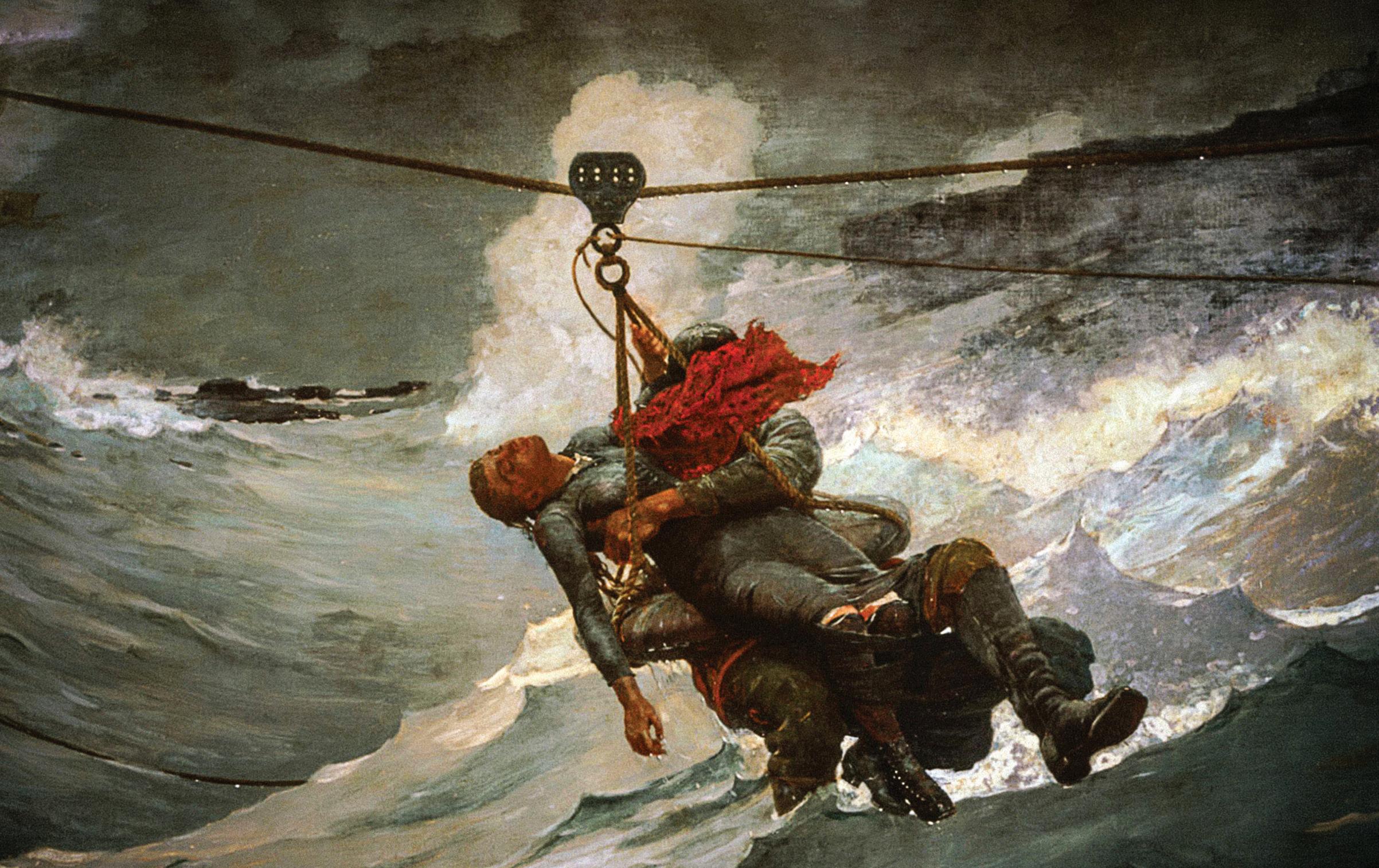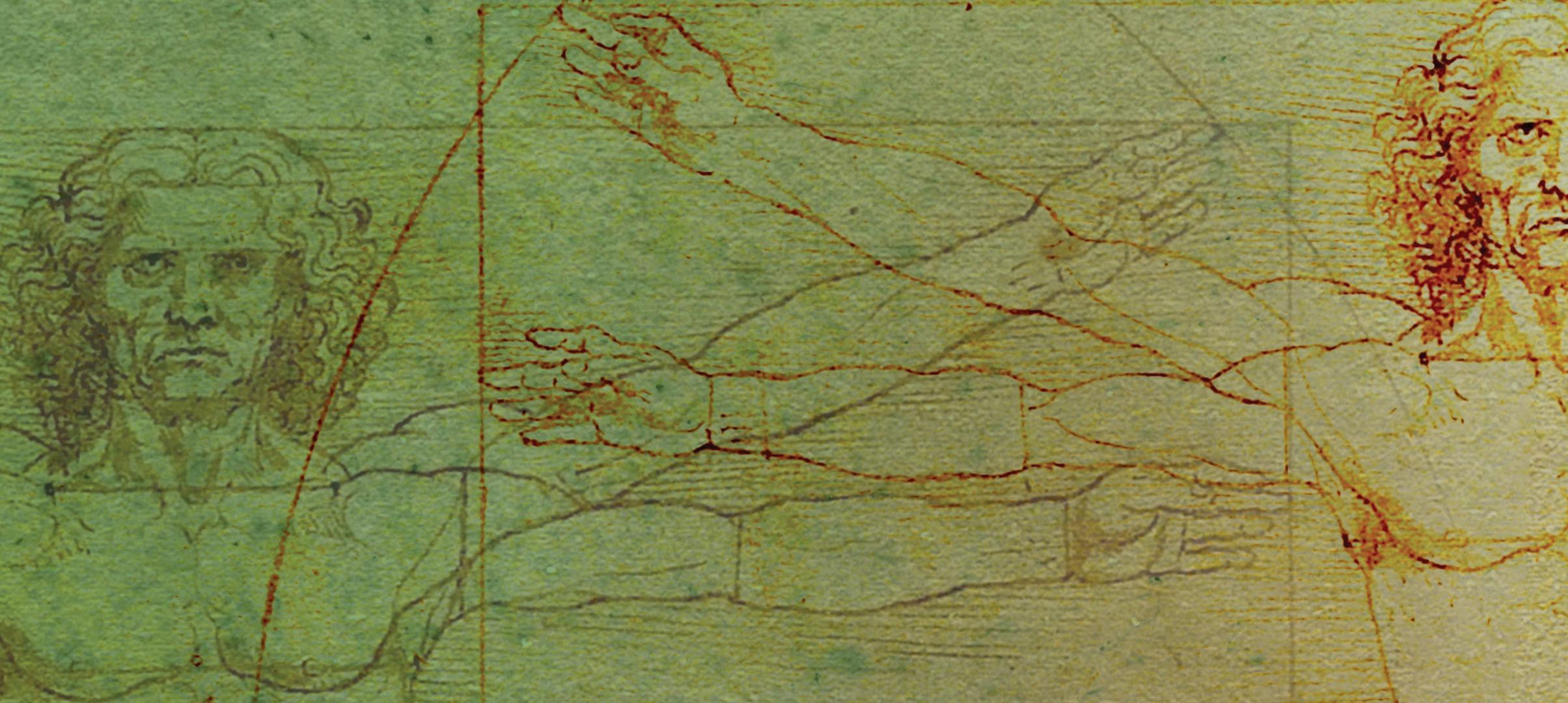LITER ATURE
On Reading Nature by Kyle Janke
W
hen I was in graduate school, the literature department hosted a lecture on ecology, which is the science of our relationship to our surroundings. The speaker was promoting a book in which he proposed the elimination of the term "nature" from academia. Our use of the word, he asserted, fosters an imagined division between inside and outside. He denied the existence of any such division. There is no "in here" as opposed to "out there." We are part of nature, he said, and so should have no word for it. Insomuch as this division between "in" and "out," "here" and "there," seemed to me the entire point of literary craft, I reacted to his lecture with two significant responses that have guided my reading ever since. The first was to find it odd that a literature department would welcome a thinker whose thoughts were so opposed to literature
Kyle Janke teaches upper school literature at Highlands Latin School. He is a husband and father of what will soon be four sons. In addition to literature, he enjoys hunting as well, and reading the book of nature firsthand.
16
On Reading Nature
itself. (Readers should be wary of writers who empty words of meaning instead of filling them.) The second response led me to become a teacher, because at no other time have I learned more, while being taught less, than when I sought my master's degree in literature at a modern university. The reason for this is fundamental. Because the value of books—and our cause in teaching them—depends upon a traditional definition of nature as authored and distinct from us, the modern denial of this results in a neglect of literary art itself. Literature is a subject besieged by modernity, and nature is its citadel. The best approach to reading is one that assumes a traditional vision of the cosmos as created and prepared for us. This approach adheres to ancient notions. The modern approach, because it is irreligious, denies such supernatural or intentional preparation of nature. This controversy involves literature, for if the universe is not created, neither is a book. Naturalism implies that every creative decision has its source in the conflict of natural forces and not MemoriaPress.com









